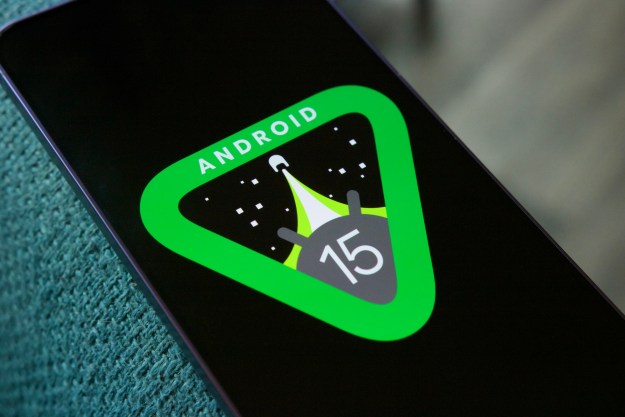Internet giant Google is getting into the location-sharing game with Latitude, a new service that enables users to share location information from their phones and/or a computer with friends and family, so they can see a user’s approximate location in real time—all, of course, displayed using Google Maps.
Latitude is implemented as a feature of Google Maps on mobile devices, and as an iGoogle gadget users can run on their notebook or desktop computers. When users set up Latitude, they’ll be able to see the approximate location of friends and family who have chosen to share their location information; similarly, users can choose to share their own location information—and the detail can be controlled on a friend-by-friend basis. For instance, users might want their significant other to be able to pinpoint their location fairly accurately, but, with casual friends, maybe users just want to share what city they’re in—or no information at all. Google promises everything about Latitude is opt-in and users can opt-out of Latitude at any time.
Google Latitude is presently available as an iGoogle gadget for notebook and desktop computers, and as a new version of Google Maps for BlackBerry, Symbian S60 phones, and Windows Mobile: Google expects to release a version for Android in a few days, and Latitude should be available for the iPhone through Google Mobile App “very soon.”
Editors' Recommendations
- The first Google Pixel 9 Pro hands-on photos are here
- Why you need to be excited about the Google Pixel 8a
- The 6 biggest announcements we expect from Google I/O 2024
- Best smartwatch deals: Samsung, Google, Apple, Fitbit, and Garmin
- Here’s every color that will be available for the Google Pixel 8a
